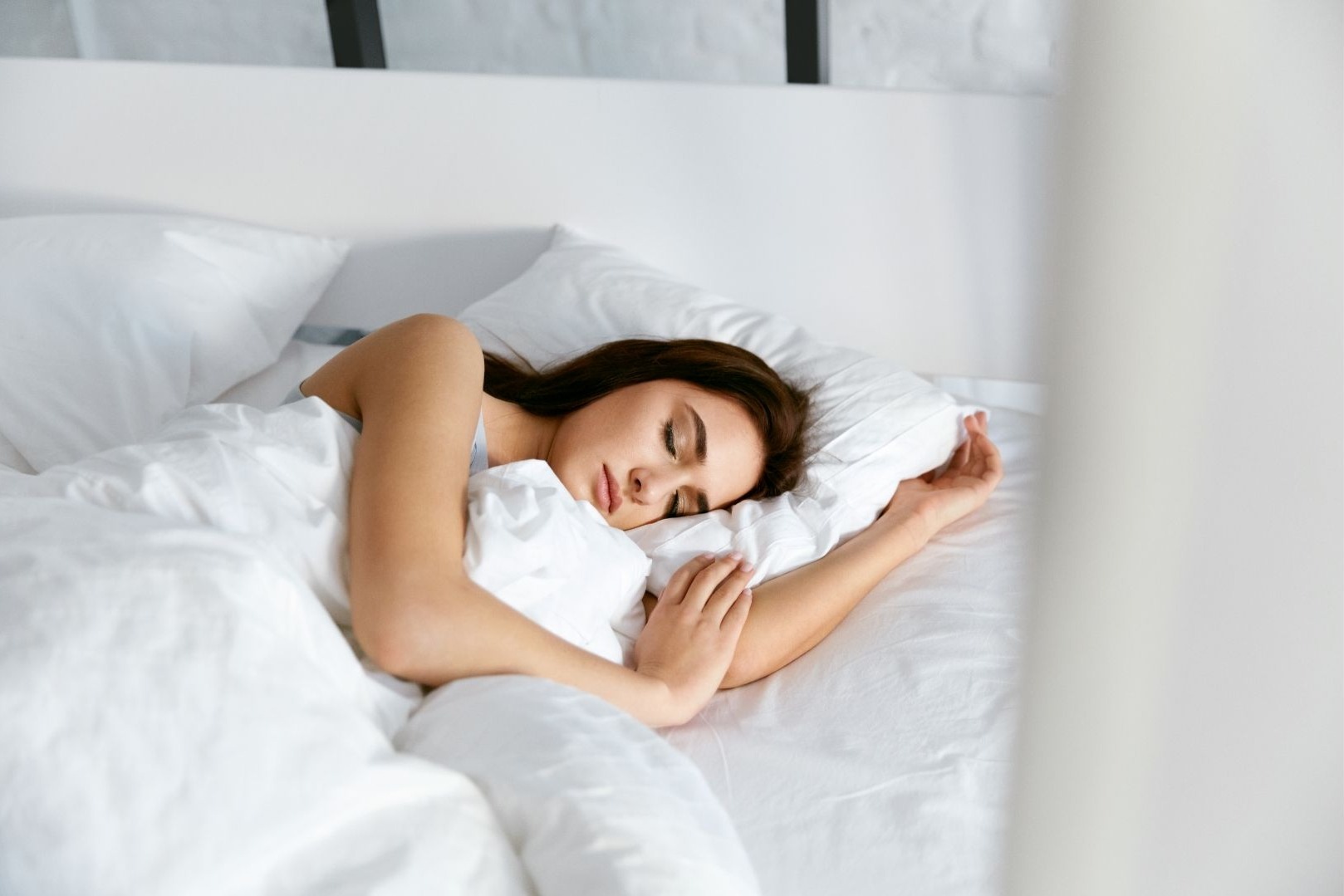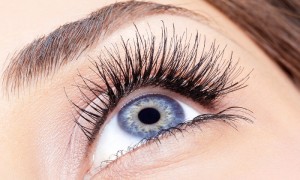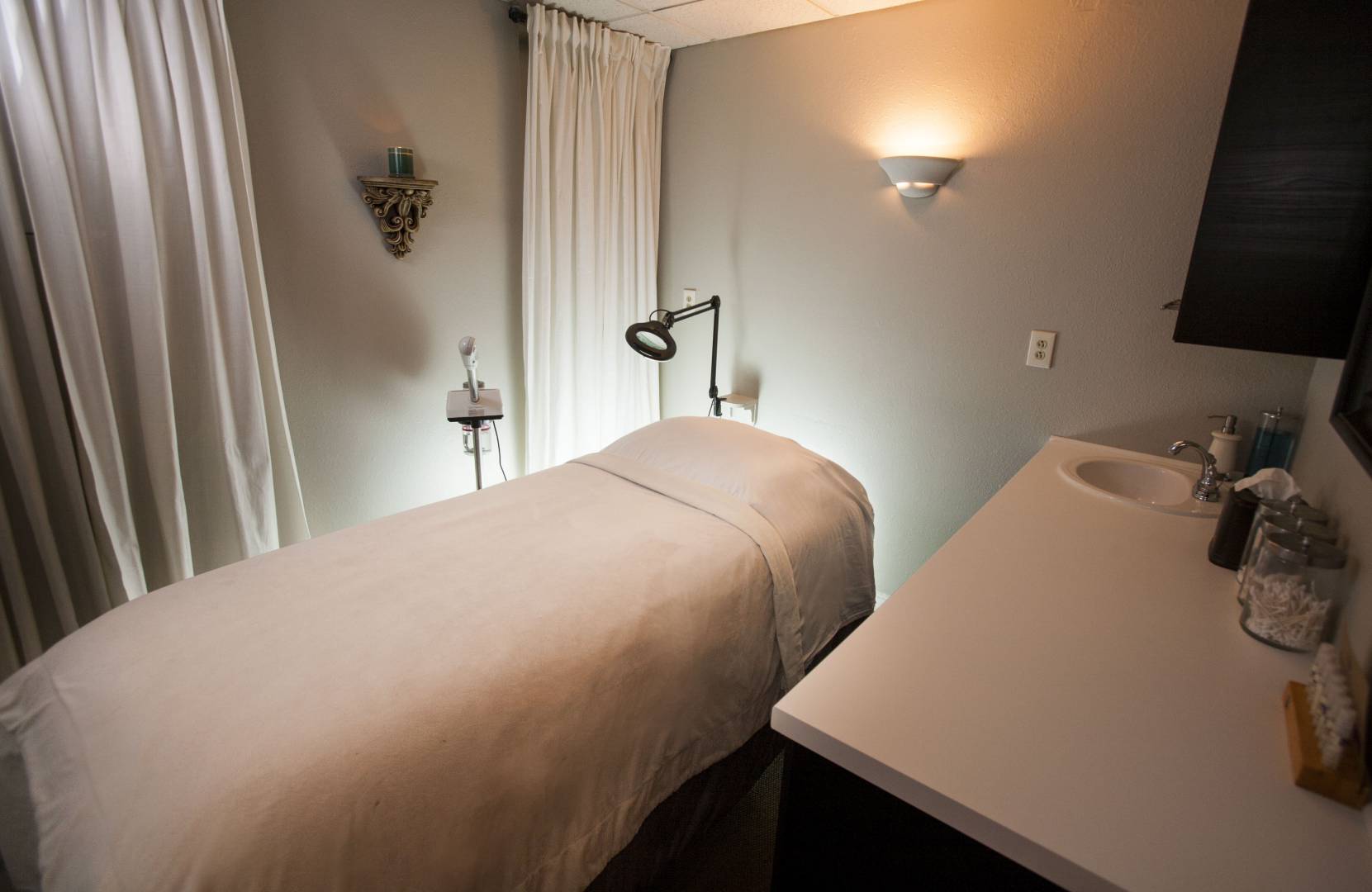
8 Ways to Get a Good Night Sleep
By now you’re probably a pro at falling asleep fast, but what about the right ways to get a good night sleep? Those are two different things. Staying asleep (sans tossing and turning) is a completely different story. You can take a warm bath, sip chamomile tea, and cut out caffeine, alcohol, and nicotine all in hopes of getting that sought-after good night’s sleep. But even if you think you’re doing everything right, what if we told you that your bedroom itself could actually be to blame for your restless nights? We did our research, and it turns out your surroundings play more of a role than you may realize.
Scientists have found that seemingly innocuous details like the temperature of your room—or stranger yet, how clean it is—can actually impact how well you sleep. The good news is that most of these things are very easy fixes—meaning you’re just a few lifestyle tweaks away from getting some consistently solid shut-eye.
Keep reading to find out how to sleep better tonight!
Turn Down the Temperature
Research confirms that a cool bedroom makes for the best sleep. Throughout the course of a day, your body temperature rises and falls, and that pattern is tied to your sleep cycle. Your body temperature should dip as you approach bedtime and continue to cool until it nears morning. If your bedroom is too warm, it can interfere with this natural temperature cycle and make you restless.
While most experts agree the magic number is somewhere around 65 degrees, they’ll also tell you that whatever makes you the most comfortable is going to give you the best sleep, so experiment with temperatures between 60 and 72 degrees. (If you happen to suffer from poor circulation that leaves you with cold extremities, slip on socks before bed. Studies show cold feet can be particularly disruptive to sleep.)
Dim the Lights
Light signals the brain that it’s time to be awake. Lowering the lights triggers your brain to produce melatonin, the sleep-inducing hormone. At least an hour before bed, start to dim the lights. More importantly, make your bedroom a blue light-free zone.
Blue light, more so than other colors in the spectrum, suppresses the release of melatonin. So choose low-wattage light bulbs with a color temperature of 3000 kelvins or less (look for ones with the words “soft” and “warm” on the box), and keep computers, cell phones, televisions, and digital clocks out of the bedroom.
Even rolling over and catching a glimpse of the clock can impact the quality of your sleep. Stash your alarm clock away in a drawer, and try sleeping with an eye mask to prevent any light leaks from interfering with your slumber.
Reassess Your Mattress and Pillows
Contrary to popular belief, firm mattresses aren’t necessarily the best option. The one that you find the most supportive and the most comfortable is. The same applies to pillows. Yes, that means your beloved memory foam is safe. Although do note that memory foam traps heat, so you may want to rethink that choice in the warmer months.
The quality of your pillows, however, has less to do with personal preference. Your pillows should support your head and neck, allowing them to maintain a neutral position while you sleep. Replace them once they become lumpy or shapeless. According to the experts at the National Sleep Foundation, that happens sooner than you may think. The foundation’s doctors recommend replacing your pillows every two years.
Mattresses have a more fluid lifespan, but experts recommend evaluating your mattress every eight years. Check it for sagging spots or any places that appear worn. But the quality of your sleep is usually the best indicator of when your mattress’s time is up. If you wake up feeling stiff or just not well-rested, it might be time for a change.
Clean Your Room
In news that will make your childhood self (and perhaps adult self) groan, keeping your bedroom neat and clean makes for better sleep. Research from the National Sleep Foundation found that people who make their bed in the morning are 19% more likely to get a good night’s sleep than those who don’t. The logic is that a cluttered room can create anxious or restless feelings.
Beyond keeping your bedroom tidy, make it a place you want to be. While researchers have tried to determine if there’s a certain color that’s more conducive to sleep than others, it turns out that the shade doesn’t matter so much as the emotion you apply to it. Choose a color palette that soothes you, and decorate your room in a way that’s visually pleasing to you as one of the great ways to get a good night sleep.
Wash Your Sheets
According to the National Sleep Foundation, about three-quarters of people report having a better night’s sleep when they sleep on sheets with a fresh scent. That’s right: The key to your best night’s sleep could be doing laundry. Find a detergent with a scent you love, and wash your sheets, pillowcases, mattress cover, and pillows (most, but not all, pillows can be washed) weekly. Keeping everything clean is also a good way to take care of allergens that can build up in fabric and interfere with your sleep. On nights that you’re not able to get to your sheets, sleep in freshly laundered pajamas for a similar effect.
Get a Whiff of Lavender
Not sure which scent calms you? Lavender is a safe bet on one of the ways to get a good night sleep. It’s been shown to not only ease anxiety, but also insomnia. The scent decreases heart rate and blood pressure, setting you up perfectly for your transition into dreamland. In one study, researchers monitored the brain waves of participants. They found that the subjects who sniffed lavender before bed experienced deeper sleep and felt more refreshed in the morning than those who did not smell lavender. Keep a satchel of lavender tucked under your pillow at night, or use an aromatherapy diffuser to send the scent of pure lavender essential oil wafting through the air.
Embrace White Noise
While you sleep, whether you realize it or not, your brain continues to register sound. Sounds can wake you up for such a brief period of time you don’t remember it in the morning, but even something so seemingly small can take a toll on the overall quality of your sleep. Ideally, the sounds you fall asleep to should stay with you until you wake up in the morning.
Enter: white noise. White noise, as opposed to noise from a television that changes in tone and volume, creates a constant ambient sound that masks louder outside sounds that may otherwise affect your sleep. Numerous studies have found that sleeping with some sort of white noise, whether it be from a fan or sound machine, helps people sleep through the night.
Book a Massage
If all else fails on these ways to get a good night sleep, call Botanica Day Spa at 727-441-1711 to book a massage to help reduce stress, encourage relaxation, and help your body and mind unwind in ways that might be more difficult for you at home!
Love,
Gen



Leave a Reply